Fascinating History of Bengaluru’s Best Kept Secret: Its Favourite Military Hotels
The numerous, traditional, non-vegetarian eateries that serve Maratha-style Biryani and Kaima curry, Bengaluru’s military hotels boast of their own ‘meatilicious’ history
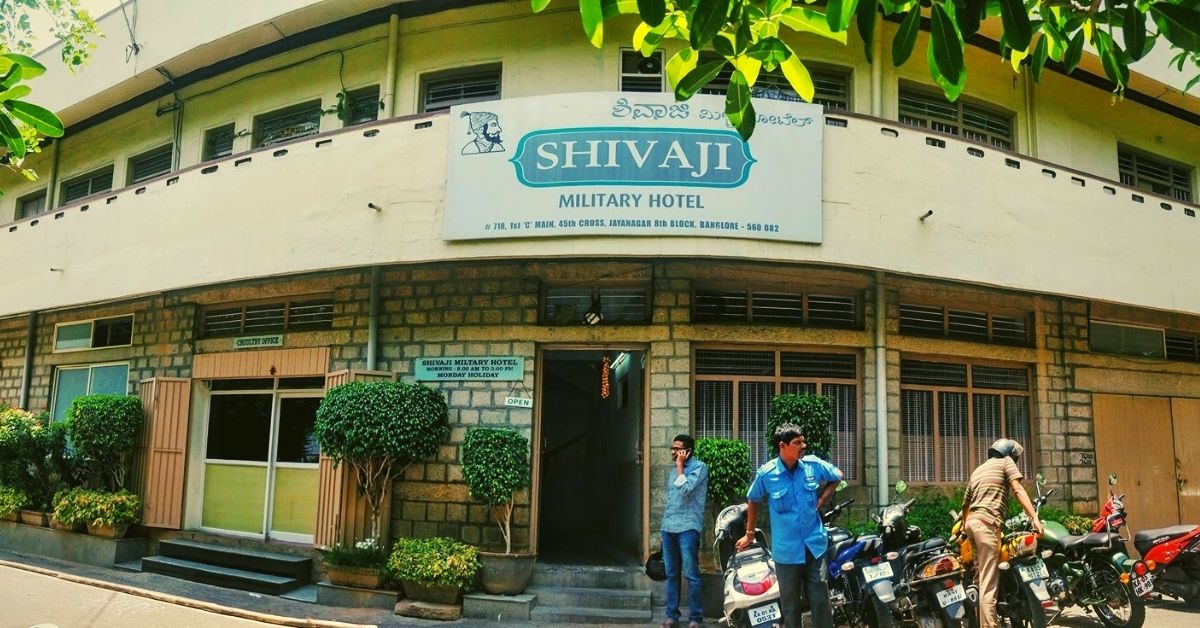
A few years back, during a heated conversation about the culinary wonders of metro cities, a friend from North India made an uninformed remark — “Bangalore’s food is all dosas, idlis and vadas. If not for the IT boost, the city would’ve been deprived of the richness of non-veg delicacies!”
After a long frustrated pause, I proceeded to educate him. He had not just made a sweeping statement reeking of stereotypes, but had committed a gastronomic blasphemy having ignored centuries of history rooted in delicious meaty affairs.
Be it the toothsome Kaima curry, bheja and paya fry or the piping hot, ghee-dripping Donne and Ambur Biryanis, alongside its well-known plethora of vegetarian dishes, Bengaluru also offers a unique array of delicacies for every meat-lover.
Dotted with a number of traditional non-vegetarian eateries called the military hotels, Bengaluru boasts of its own legacy of ‘meatilicious’ history. And this certainly does not have anything to do with the IT boom.
Military Hotels: A slow-cooked saga
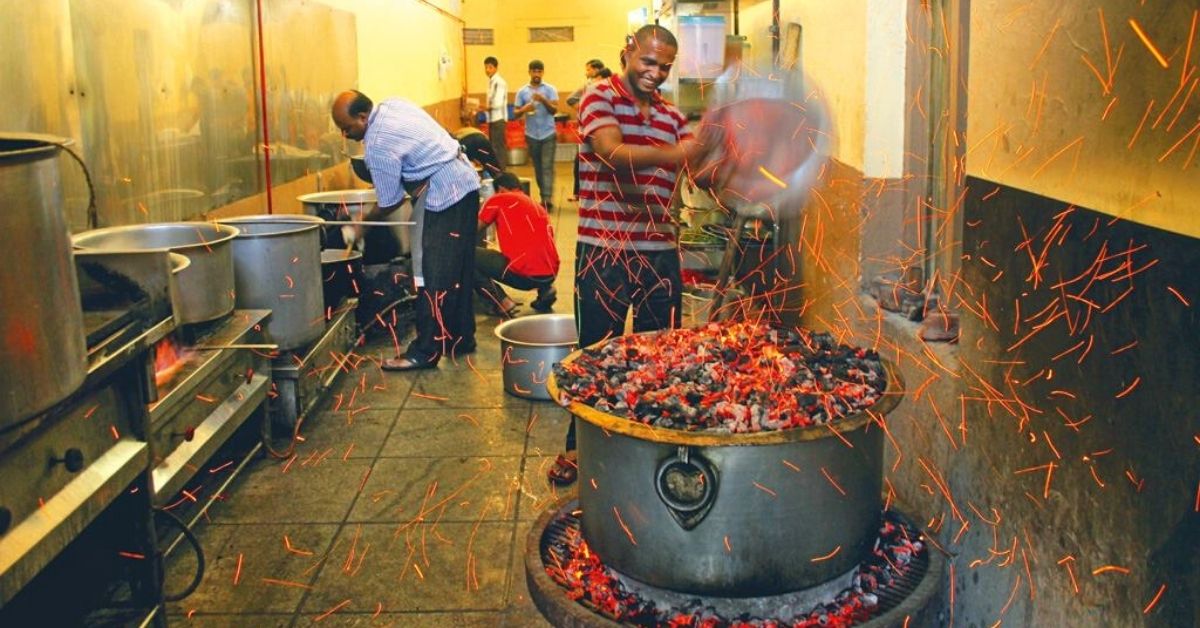
Although the origin of military hotels remains clouded in the aromatic smoke of biryanis, several reports claim that they began to mushroom across the city in the 17th century to meet the food requirements of soldiers.
Art historian Suresh Jayaram adds in another report, that these military hotels were predominantly started and run by Maratha descendants of Shahaji Bhonsle, after they conquered Bengaluru in 1638.
Another story states that their origin dates back to the 1800s when the city was struck with the bubonic plague forcing women and children to be sent away to remote villages. The military hotels were then established to provide sustenance to the farmers who stayed back. Furthermore, some legends also connect the origin of military hotels in the 19th century to serve Tipu Sultan’s soldiers and later the British.
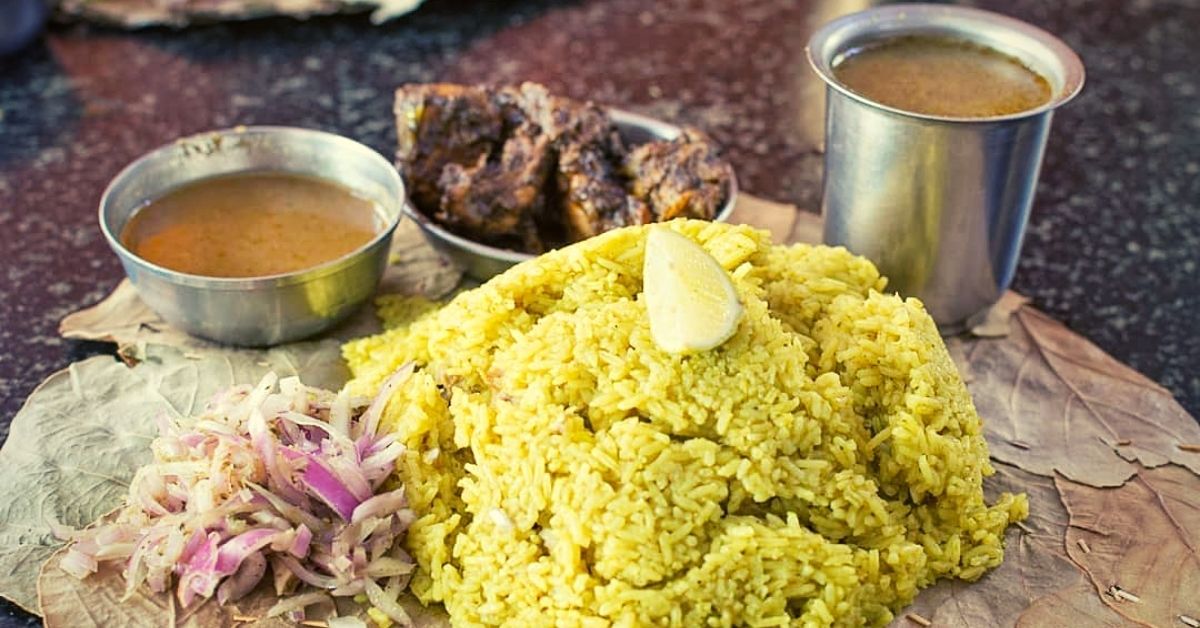
Situated in parts of Old Bengaluru, which is now known as the Cantonment area, military hotels were the first eateries serving non-vegetarian food and so some of them began to add the prefix of ‘Hindu’ to specify that they do not serve pork or beef, but only chicken and goat meat. Many would even serve alcohol to go with the spicy delicacies, although with time it is only the food that continues to be served here.
While the varying origin stories of Bengaluru’s military hotels continue to baffle historians, it is the former link to Maratha history that finds popular acceptance.
A legacy of taste and secrecy
Owner of one of the city’s most prominent military hotels, the Shivaji Military Hotel, Rajiv L agrees to it and says, “The common perspective was such that the military officials and soldiers required spicy and protein-heavy food, and so meat was an integral part of their diet. So such eateries began to serve their needs and were frequented by not just Maratha soldiers but also British soldiers. Most of the time it was for the food, but sometimes also to plan their campaigns and strategies.”
Started in 1924 by Rajiv’s grandfather, a Maratha named S Mannaji Rao, Shivaji Military Hotel is one of the oldest and is known for its authentic Donne Biryani. Here, one can relish a crispy dosa alongside an endless serving of ghee and spicy keema, and succulent chicken and mutton dishes with biryani.
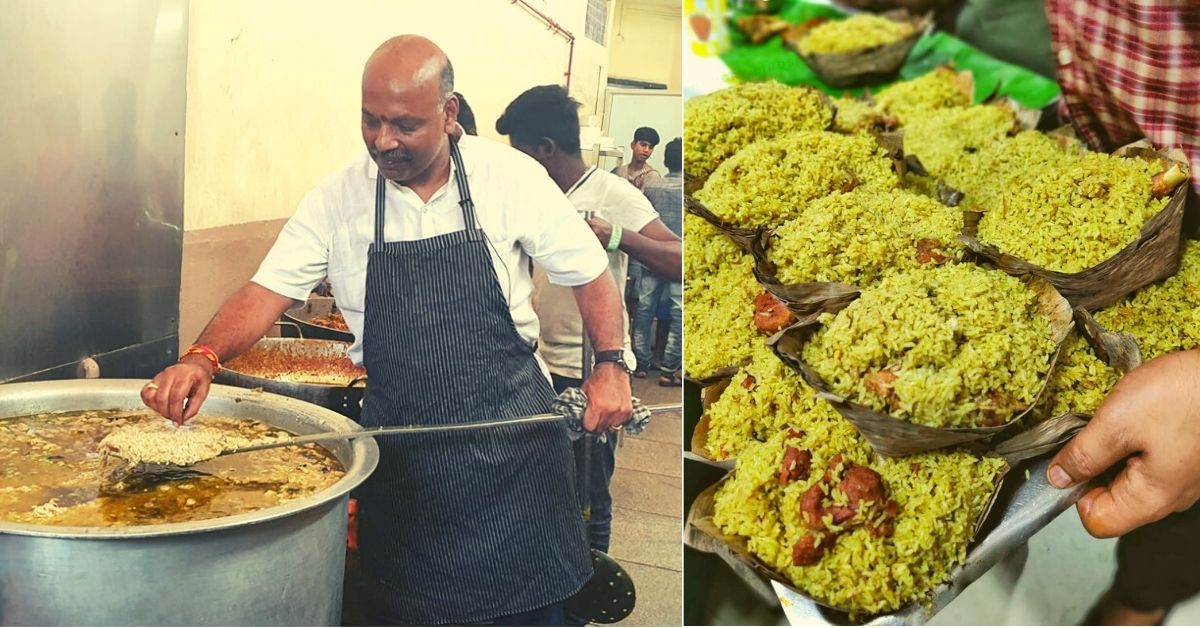
“I have been cooking our unique Maratha style biryani since I was a boy. The recipe is top secret. But, what sets us apart is the taste and the quality of ingredients used, all of which are naati (or native) items,” adds Rajiv.
Another prominent military hotel is the S Govindrao Military Hotel situated in Cottonpet, Old Bengaluru. According to the owner, Kishore Kumar, the 112-year-old eatery was founded by his grandfather, Govind Rao Rannore, in a small thatched room of Akkipet with just a few desks and seats.
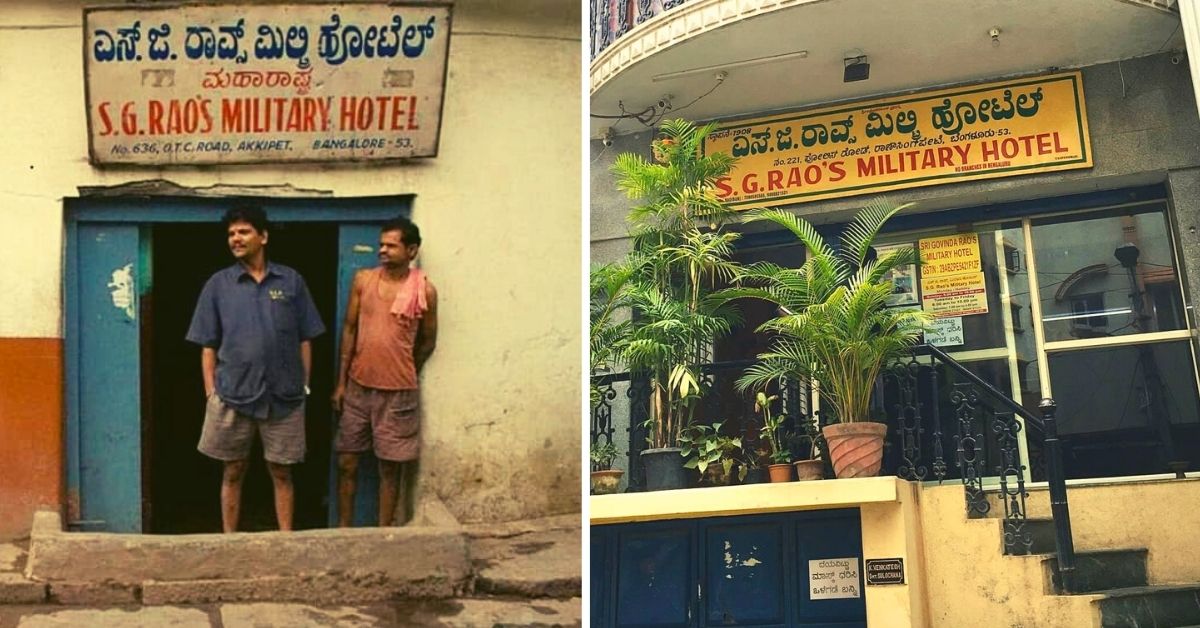
Known for its slow-cooked Arabic biryani mandi, and idlis served with Keema curry, this Maratha-run military hotel is one the most iconic in the city.
“Military hotels are Bengaluru’s best-kept secret. Each place has its own unique style and recipe that we guard with our life,” says Kishore.
In a city that is constantly expanding and evolving, both in terms of geography and culinary diversity, such legendary places hidden in its nooks and corners are the true guardians of its authentic existence.
Featured image: Tejas Shankar/Facebook
(Edited by Yoshita Rao)
If you found our stories insightful, informative, or even just enjoyable, we invite you to consider making a voluntary payment to support the work we do at The Better India. Your contribution helps us continue producing quality content that educates, inspires, and drives positive change.
Choose one of the payment options below for your contribution-
By paying for the stories you value, you directly contribute to sustaining our efforts focused on making a difference in the world. Together, let’s ensure that impactful stories continue to be told and shared, enriching lives and communities alike.
Thank you for your support. Here are some frequently asked questions you might find helpful to know why you are contributing?


This story made me
-
97
-
121
-
89
-
167











